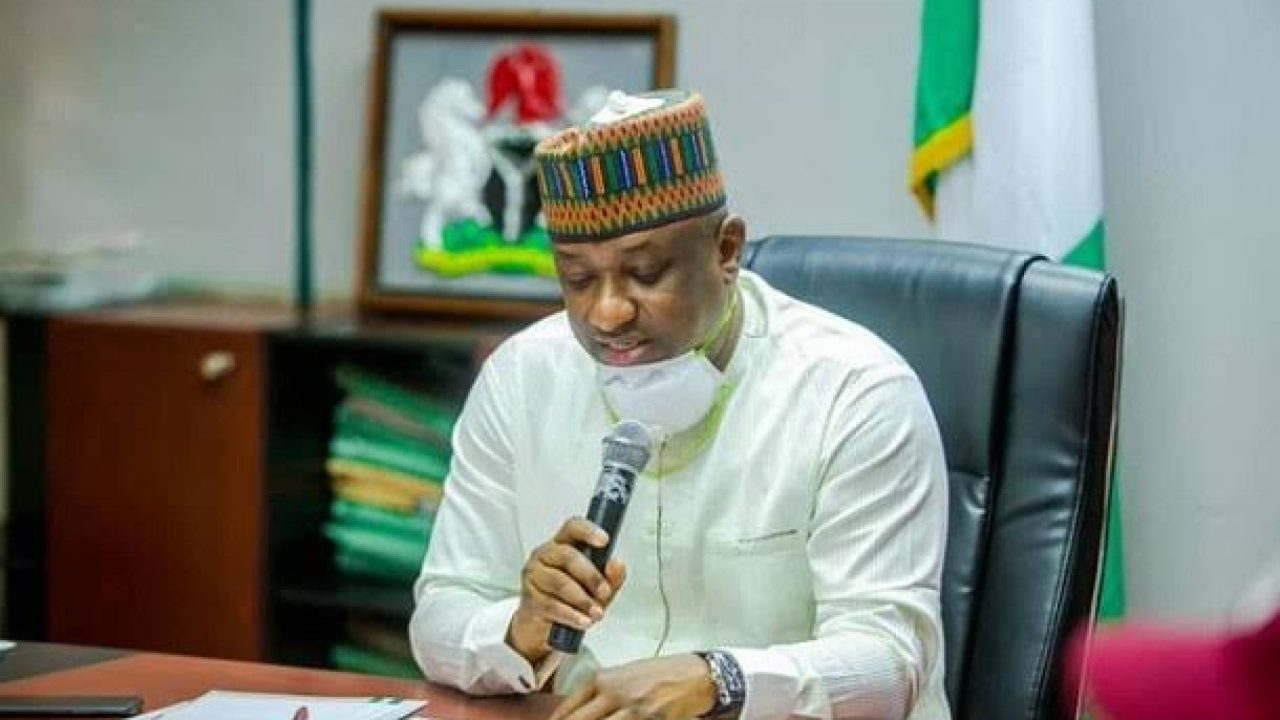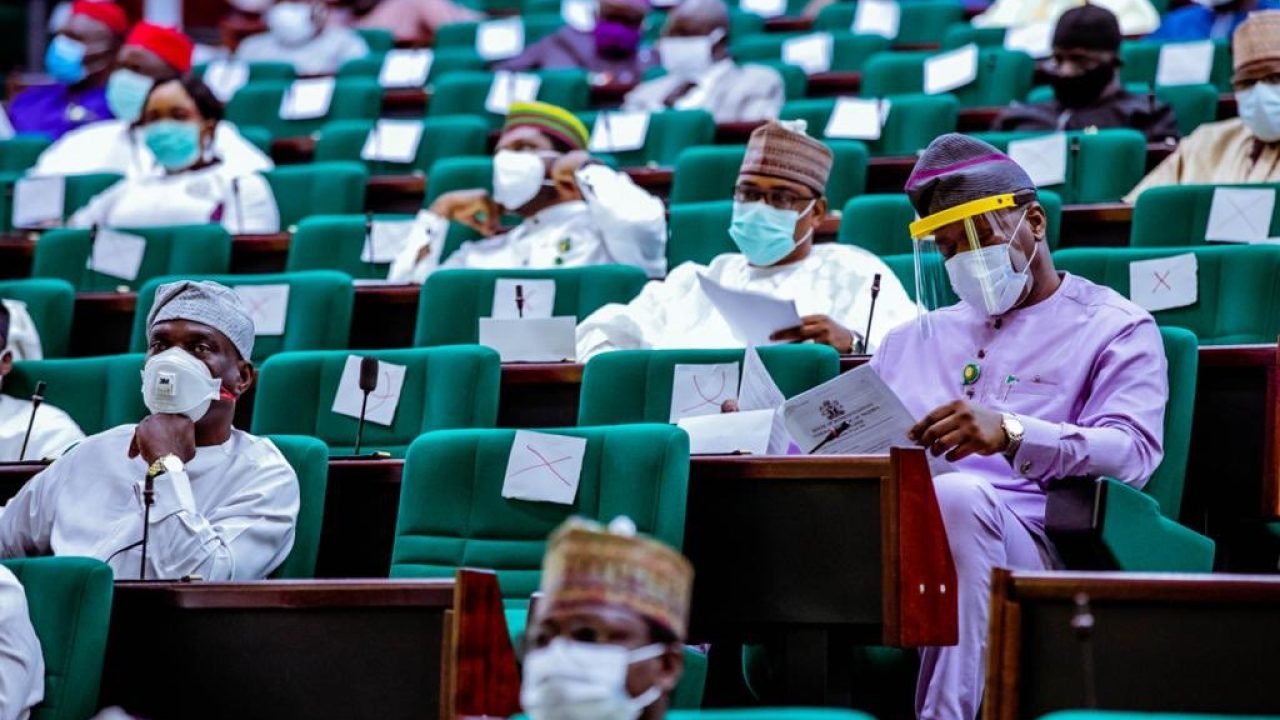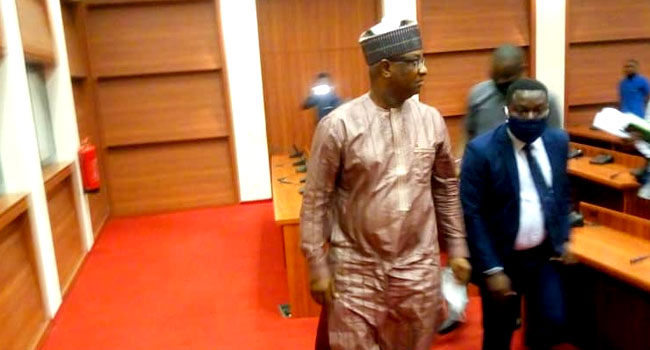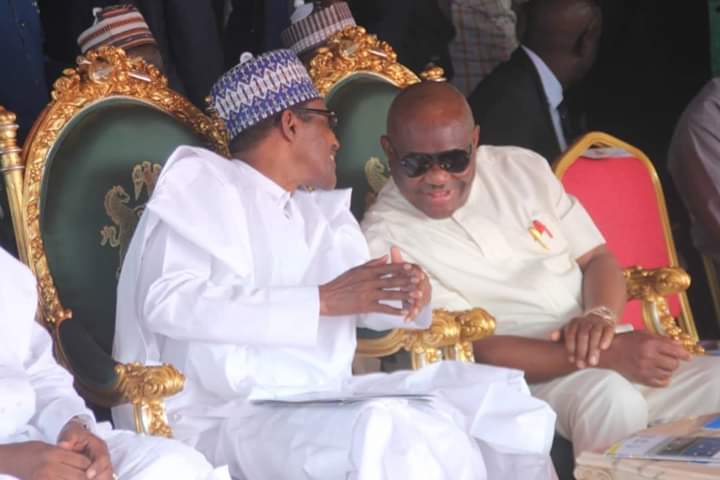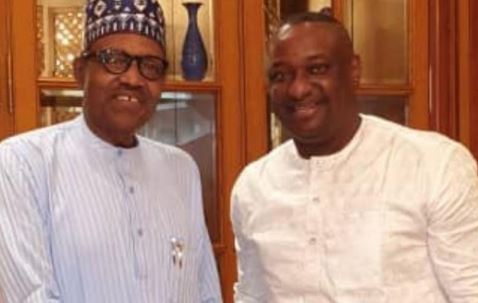Lately, Nigerians were treated to a back-and-forth argument over whose responsibility it is to implement the 774,000 short-term job openings, worth N52 billion, under the Special Public Works (SPW) programme in the 774 local government areas in the country.
The disagreement has culminated in the House of Representatives declaring the portfolio of “Minister of State” as unknown to law, as preserved in section 145(1) of the amended 1999 Constitution.
Specifically, the conflict is between the lawmakers and the Minister of State for Labour and Employment, Festus Keyamo, whose portfolio the House claims isn’t known to law, and by implication the Senate-cleared nominee heading the position.
To the lawmakers, the “aberration” makes Mr Keyamo (SAN) to “refuse to be guided on the method adopted by Parliament for its proceedings, and his assertion that ‘only Mr President can stop our work,’ not our laws nor our institutions.”
Thus, the lawmakers declared in a motion on Tuesday, August 18, 2020, that “this attitude may jeopardize the capacity of the National Assembly to oversight and ensure prudence, as enshrined in sections 88 and 89 of the 1999 Constitution.”
“The House is determined to prevent any mischief, wastage of scarce public resources, lack of accountability and defeat of the aims and objectives of the Special Public Works programme,” the lawmakers said in their resolution.
They urged the Ministry of Finance not to release any funds for the implementation of the programme “if it was in breach of due process, the Appropriation Act 2020 as well as the National Directorate of Employment, NDE Act.”
And the “due process” is that “the Appropriation Act 2020, a valid law of the Federal Republic of Nigeria, is clear that the NDE is the implementing agency for the Special Public Works (SPW).”
Deputy minority leader, Toby Okechukwu and, the chairman, House Committee on Aviation, Nnolim Nnaji, stated this in the motion: “The Need to Uphold the National Directorate of Employment (NDE) Act In The Implementation of the Special Works Programme.”
The motion got overwhelming support of members when House Speaker Femi Gbajabiamila put it to a voice vote, thus temporarily halting implementation of the programme to “meaningfully engage” 1,000 youths from each of the 768 local government areas and six area councils of the Federal Capital Territory (FCT), Abuja.
But the questions arise: Why should a stop-gap programme by the Federal Government to tackle unemployment become subject of flexing of the muscles between the executive and legislature?
Why should the Minister of State, so designated by the executive, at least, since the return of democracy in 1999, suddenly become “unknown” to the National Assembly, which pulls out all the stops to abort his supervision of implementation of the job placements?
The answer to these “whys” is self-interest couched in the eternal supremacy battle between the executive and legislature over which controls the purse, and what and how to allocate and disburse resources from the pool.
Ordinarily, the work of the legislature ends at appropriation or allocation of resources to programmes presented in an annual budget or via a supplementary, while the executive takes care of implementation of those programmes.
But in Nigeria’s peculiar brand of “separation of power,” the legislature, hiding under “we have the power of the purse” and “oversight,” wants to be the appropriator and implementer of budgets and programmes presented by the executive.
If the legislators’ interest is really to ensure “oversight and prudence of scarce resources,” as mandated in sections 88 and 89 of the Constitution, they shouldn’t crave for allocation of slots, and even protest, as inadequate, the 30 slots each allocated to them.
They weren’t satisfied with the fact that their constituents would benefit from the 1,000 jobs per each of the 774 local government areas in the country, perhaps because of our system that merges several local government areas to form a federal constituency.
While many local government areas stand alone, lawmakers, representing constituencies of multiple councils, may gain more in the distribution of the jobs per local government area.
Besides, the lawmakers’ initial worry was that Mr Keyamo’s stand for the executive to implement the SPW programme would deprive them of having slots allocated to them, which they would bandy as part of the “dividend of democracy” to their constituents.
Consider these claims in Rep Okechukwu’s motion: “Note that the supervisory powers conferred on the Minister of Labour by Section 15 of the NDE Act do not condone any abnormalities or allow the Minister to do so without regards to the law.
“Also… by our laws, as presently constituted, the NDE is an implementing agency with the Minister of Labour, not Minister of State, an aberration and indeed an entity unknown to the law, as the supervising Minister.”
Yet, when slots were conceded to them, the legislators feared Keyamo could play some pranks; hence the clamour for the Minister of Labour, Dr Chris Ngige, to rise to his statutory responsibility of supervising the NDE on the job placements.
The legislators’ protest isn’t new; it follows a familiar trajectory whenever government strives to tackle unemployment. Often, Nigerians learn through the “grapevine” about thousands of job openings in the ministries, departments and agencies (MDAs).
These vacancies are filled, behind the scenes, by the powerful in the society. Even when the recruitments are publicised, thousands or millions of applicants go through rigorous processes, including forced physical exercises and payments of processing fees.
In the end, only a negligible number of applicants get recruited from the available “limited” openings, while the bulk of the spaces are hijacked by those that decide the fate of the average Nigerian.
Sometimes, the entire recruitment is aborted midway, after the applicants have gone through unimaginable processes, such as strenuous physical exercises, for paramilitary positions.
Recall the tragedies during the recruitment into the Nigeria Immigration Service (NIS) in March 2014, with several deaths from exhaustion and stampedes at the Abuja and Lagos centres.
The public outrage post-the scammed recruitments nationwide didn’t move government to sack the Minister of Interior, and refunds weren’t made to applicants of their processing fees, that reportedly raked in billions at N1,000 from the over one million applicants.
Despite maltreating and cheating fellow Nigerians in need, the said former Minister is today a Senator of the Federal Republic of Nigeria. What recompense to the culprit instead of the victims!
In the absence of deterrence, there will be controversies, as in the current job openings, as politicians and the powerful seek to corner, to themselves and their cronies, what belongs to the majority.
